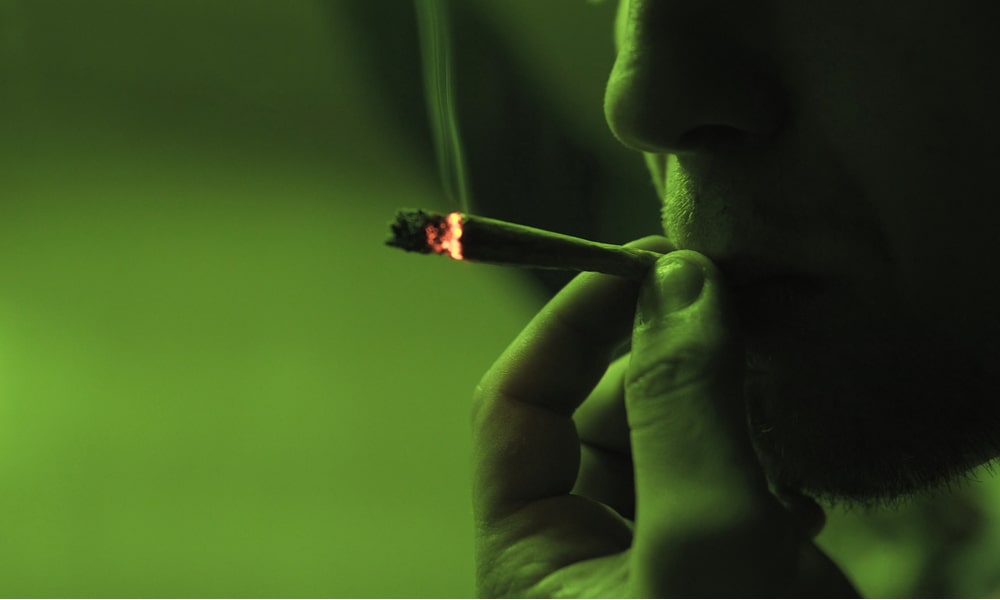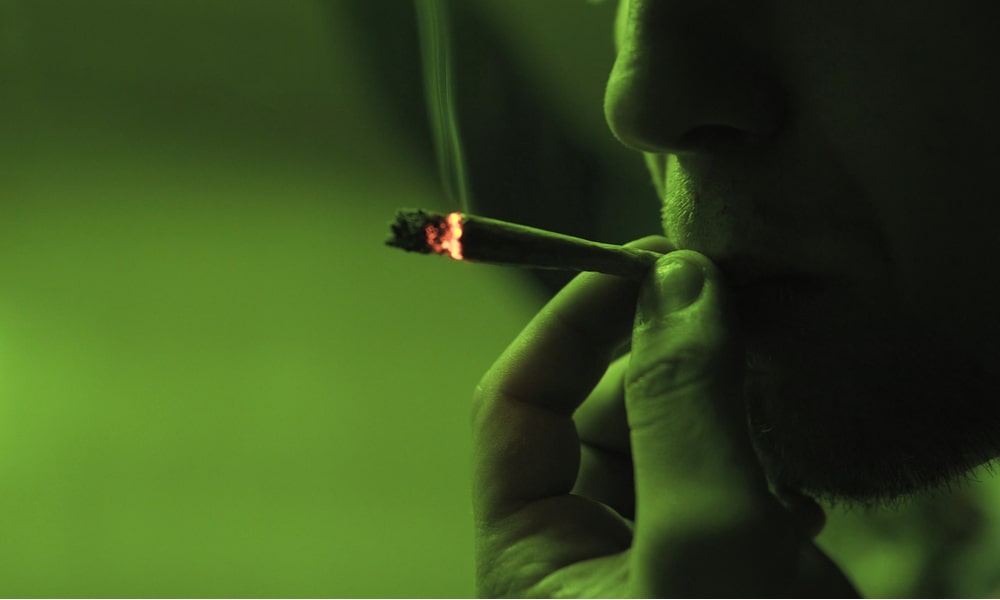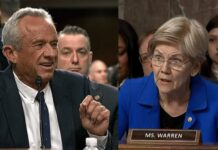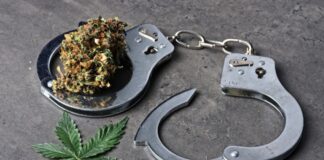
On Wednesday, Colorado Governor Jared Polis signed a bill legalizing and regulating public cannabis consumption. Colorado cannabis advocates have been fighting for legalized public and social use since 2013. But their latest and most expansive attempt, House Bill 1230, finally broke through the Colorado Legislature this year. While establishing regulations for retail shops to set up consumption lounges, the bill also clears the air for mobile and temporary licenses, which advocates say will help spark more creativity, innovation and, they hope, equity in the cannabis industry.
The new law won’t take effect until the beginning of 2020. But municipal governments can pass resolutions to opt in ahead of time if they wish. Of course, as with dispensaries and retail shops, Colorado towns can also opt out and ban public and social consumption licenses.
Public, Social Cannabis Consumption Green-Lighted in Colorado
The landscape of retail cannabis in Colorado is about to change dramatically. Previously the province of underground cannabis clubs, social consumption venues like marijuana cafes, lounges, tasting rooms, tour buses, limousine services, and more now have the official green light from the governor’s office.
In fact, House Bill 1230, which Gov. Polis signed into law this week, establishes regulations for social and public consumption licenses for all kinds of businesses. Under the new law, businesses like music venues, art galleries, yoga studios, restaurants, and hotels can obtain public consumption permits and even licenses for limited cannabis sales. There’s also a pathway for awarding temporary licenses for special events. “Imagine legal consumption on 4/20 being a thing,” said cannabis lobbyist Cindy Sovine.
In addition to creating more opportunities for business owners and entrepreneurs, which Sovine hopes will encourage diversity, Colorado’s new public consumption law also benefits tourists and the towns that host them. “Colorado has many tourists and residents who choose to participate in legal cannabis use. Up until this bill, there’s been no way to have safe public consumption,” said Gov. Polis ahead of the May 29 bill signing. “I’ve smelled it walking my dog. For many of us with kids, we want to make sure we don’t have that in our neighborhoods.”
Colorado’s New Public Use Law in Detail
With a bustling legal cannabis industry, Colorado businesses and local authorities have so far had to find their own workarounds for public cannabis consumption. Denver City Council, for example, passed a public consumption resolution in 2016. But that ordinance still banned indoor smoking, leaving vaping and edible consumption the only technically approved consumption methods.
Private cannabis clubs, tour companies and private cannabis events also provided a safe haven for those looking for a social venue to enjoy weed. But even though, as private establishments, these venues were allowed, they still faced routine problems with law enforcement.
Colorado House Bill 1230, then, represents the state’s first comprehensive legislation regulating public and social consumption. Businesses interested in applying for a social consumption license will do so through Colorado’s Marijuana Enforcement Division. Importantly, the licenses exempt businesses from the Colorado Clean Indoor Air Act, a law that pans public indoor smoking. The Clean Indoor Air Act has historically been the primary legal obstacle to public cannabis consumption.
But like any industry’s regulatory requirements, businesses will still have to clear a few hurdles before they can let customers light up. First, business owners and cannabis advocates will have to convince local governments to opt in to the new law. Otherwise, the state won’t award a public consumption license. House Bill 1230 also gives local governments the authority to tweak the rules for public consumption. Towns could, for example, only approve certain forms of consumption.
Businesses or events that receive public consumption licenses will also have to train employees to monitor marijuana intoxication. The new law also places responsibility for impaired drivers on businesses and events, just as liquor licenses hold bars accountable for the same.















